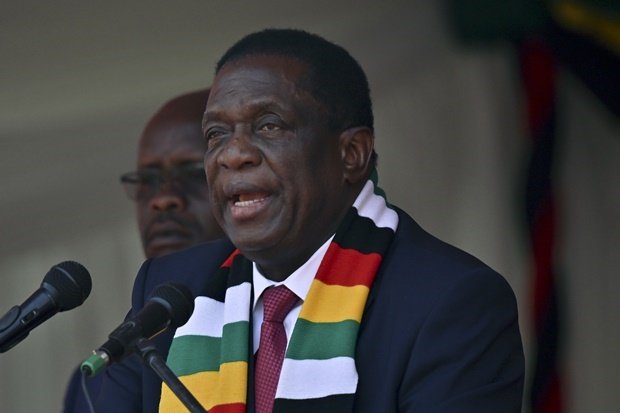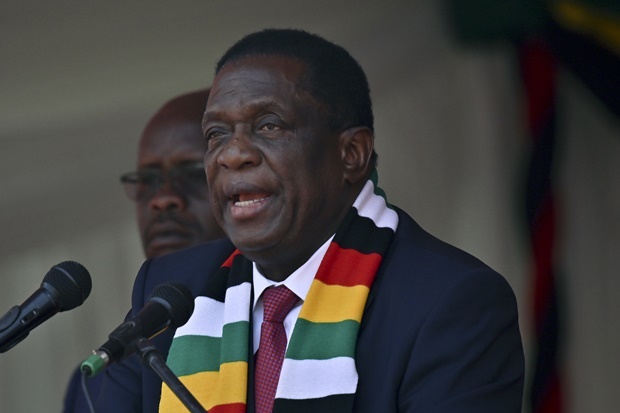

Zimbabwe faces a grim economic outlook this year and is also at risk of an extreme humanitarian crisis, the International Monetary Fund warned on Thursday.
An IMF team issued the warning after experts visited the southern African country and met with officials there.
Zimbabwe’s economy has been in a slump for more than a decade, with chronic shortages of cash, fuel, medicines and food, and shops are now even running out of cornmeal, a main source of nourishment.
The worst drought in 40 years has added to the misery, and more than half of the country’s 15 million people are suffering food shortages.
“Executive directors noted with concern that Zimbabwe is facing an economic and humanitarian crisis exacerbated by policy missteps and climate?related shocks,” an IMF statement said.
“With another poor harvest expected, growth in 2020 is expected at nearly zero with food shortages continuing,” the global lender added.
OPINION | The zombie idea of Zimbabwe’s agriculture
The IMF said while government’s 2020 budget provides “a significant increase in social spending, it is likely insufficient to meet pressing social needs.
“Absent a scaling up of donor support, the risks of a deep humanitarian crisis are high.”
At least 7.7 million people need food aid, according to aid agencies, including urban dwellers who in the past could manage on their own.
OUTLOOK | Zim industry capacity utilisation could fall to 27% in 2020
The government has struggled to pay civil servant salaries meanwhile, inciting doctors to stage a a prolonged strike that has emptied some hospital wards.
The IMF urged Zimbabwe, which has been isolated for nearly two decades by trading partners in the west, to re-engage with the international community to shore up the moribund economy and tackle the humanitarian crisis.
READ | Zimbabwe looks to slash farm sizes in bid to improve productivity
“Zimbabwe remains in debt distress, with large external arrears to official creditors,” it noted.
President Emmerson Mnangagwa succeeded veteran autocrat Robert Mugabe in 2017 and won disputed elections in July 2018 on pledges to revive business activity, attract foreign investment, and achieve the rank of a middle-income economy by 2030.

